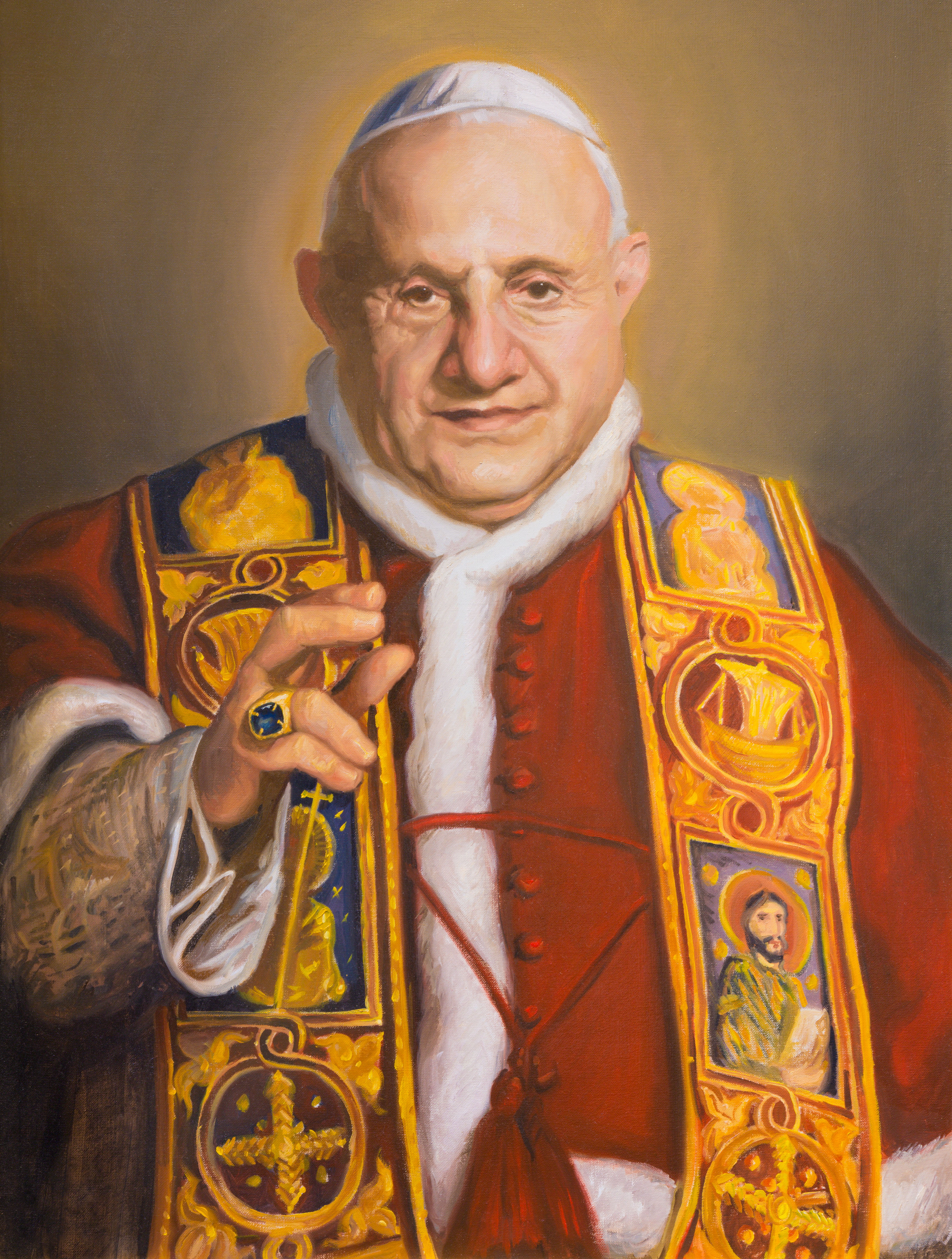John XXIII, Saint (1881-1963), was elected pope in 1958, succeeding Pius XII. Many people thought that John would have a short, uneventful reign because he was nearly 77 years old. But John surprised the Roman Catholic Church and the world early in 1959 by calling an ecumenical (general) council. John’s place in the church and in history rests on his courage and foresight in calling the Second Vatican Council, which met in 1962. He rarely interfered with the council’s activities but reserved the right to approve its final decisions. John died while the council was in session. Pope Paul VI continued the council and approved its decrees after it ended in 1965. See Vatican Council II.

John’s other notable acts included his order to insert the name of Saint Joseph in the Canon of the Mass. The most important of his eight encyclicals (pastoral letters) were Mater et Magistra (1961) on social questions of peace and justice, and Pacem in Terris (1963) on peace among nations. John also explored the possibility of unity with the Eastern Orthodox Churches.
Another important impact of John’s reign came from the personal impression he made on people. He clearly recognized his limitations and displayed a lively sense of humor. His frank kindness earned him the name good Pope John.
John was born on Nov. 25, 1881, in Bergamo, Italy. His given and family name was Angelo Giuseppe Roncalli. He was ordained a priest in 1904 and served in the Italian Army during World War I (1914-1918). Beginning in 1925, he held a series of appointments as diplomatic representative of the Vatican in Bulgaria, Turkey, Greece, and France. Pope Pius XII elevated him to cardinal in 1953. John died on June 3, 1963. He was canonized (proclaimed a saint) in 2014.
